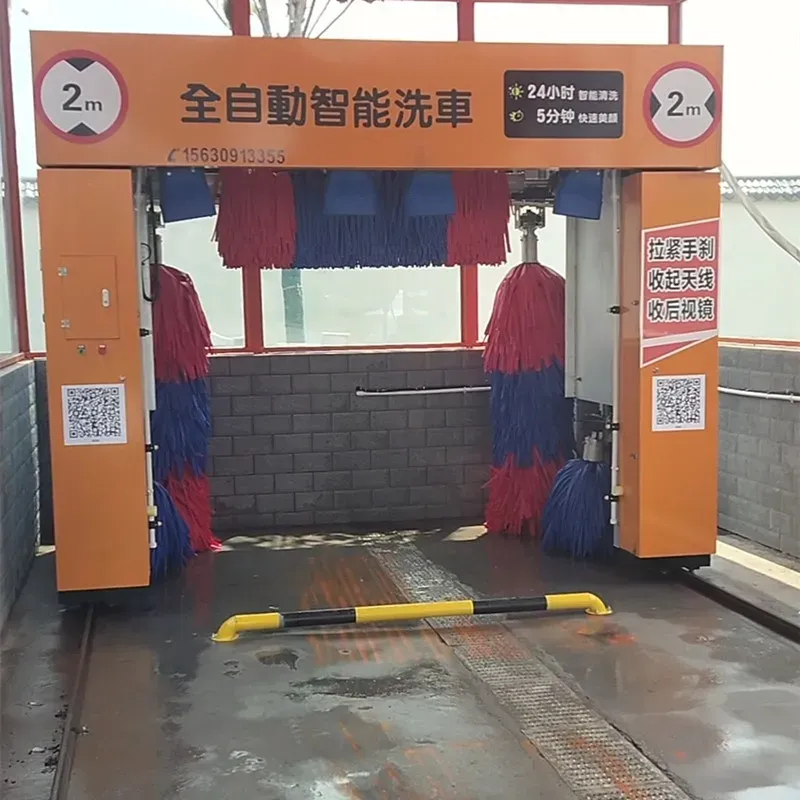Innovative Automatic Vehicle Cleaning Machine for Efficient and Eco-Friendly Washes
The Evolution and Impact of Vehicle Washing Machines
The vehicle washing machine is one of the most significant innovations in the automotive maintenance industry. With increasing vehicle ownership and the need for cleanliness, these machines have become essential fixtures in car washes globally. This article explores the evolution, technology, and environmental impacts of vehicle washing machines, reflecting on their significance in modern society.
Historically, vehicle washing was a labor-intensive task, often relying on manual labor and basic tools. In the early 20th century, individuals often used buckets, sponges, and hoses to keep their cars clean. As car ownership grew, so did the demand for more efficient washing methods. The first automatic car wash was introduced in the 1940s, and since then, vehicle washing technology has advanced considerably. From conveyor systems to touchless cleaning, these machines have been designed to operate efficiently and effectively while minimizing the time and effort required to clean a vehicle.
Modern vehicle washing machines employ various technologies. The most common types include friction washers, touchless systems, and combination units. Friction washers use soft cloth or foam brushes to scrub the car's surface, while touchless systems rely on high-pressure water jets and specialized detergents to clean without physical contact. Combination units integrate both technologies for a thorough clean, catering to different vehicle types and individual preferences. These innovations not only enhance the cleaning process but also ensure that vehicles are less likely to incur scratches and damages during washing.
vehicle washing machine

One of the key benefits of vehicle washing machines is their efficiency. Traditional hand washing methods can consume significant amounts of water and time, whereas automatic machines streamline the process. For example, a modern vehicle washing machine can wash and rinse a car in as little as five minutes, using advanced water recycling systems to minimize waste. This efficiency is increasingly important in urban areas where water conservation is a growing concern.
Furthermore, vehicle washing machines contribute to environmental sustainability. By using specialized detergents and advanced recycling techniques, these machines can reduce the environmental impact of car washing. Many modern systems are designed to reclaim and reuse up to 80% of the water used during the washing process. This capability not only conserves water but also helps prevent soap and chemicals from entering the sewage system, thereby minimizing pollution and protecting local ecosystems.
However, while vehicle washing machines offer numerous benefits, they are not without challenges. The initial investment in these systems can be substantial, which may deter small business owners from adopting them. Additionally, as technology evolves, car wash operators must continuously update their systems to keep pace with consumer demands and environmental regulations.
In conclusion, vehicle washing machines represent a significant advancement in the automotive care industry. They have transformed the way vehicles are cleaned, offering efficiency, convenience, and environmental benefits. As car ownership continues to rise and the need for eco-friendly solutions becomes more pressing, these machines will undoubtedly play a crucial role in the future of vehicle maintenance. Their evolution from simple manual labor to sophisticated automated systems reflects broader technological trends and highlights the ongoing need for innovation in our daily lives. Embracing and investing in vehicle washing technology not only enhances vehicle appearance and longevity but also fosters a cleaner and more sustainable future for our planet.




